THEME 2. HISTORY OF PSYCHOLOGY Contents: 1 The

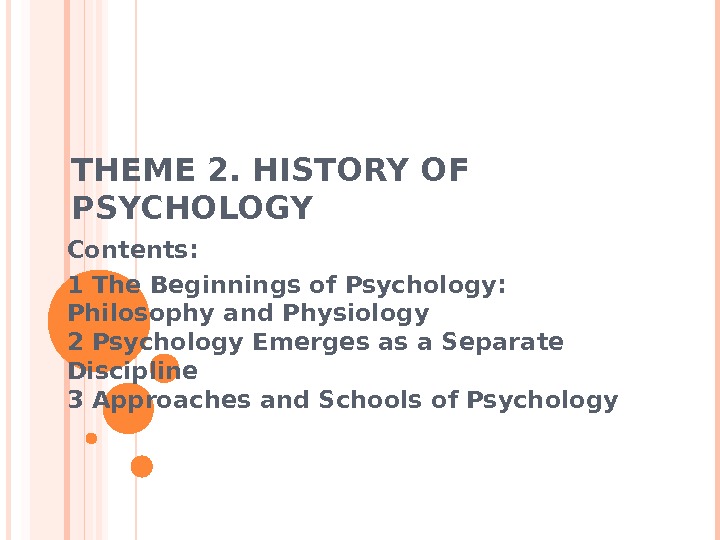

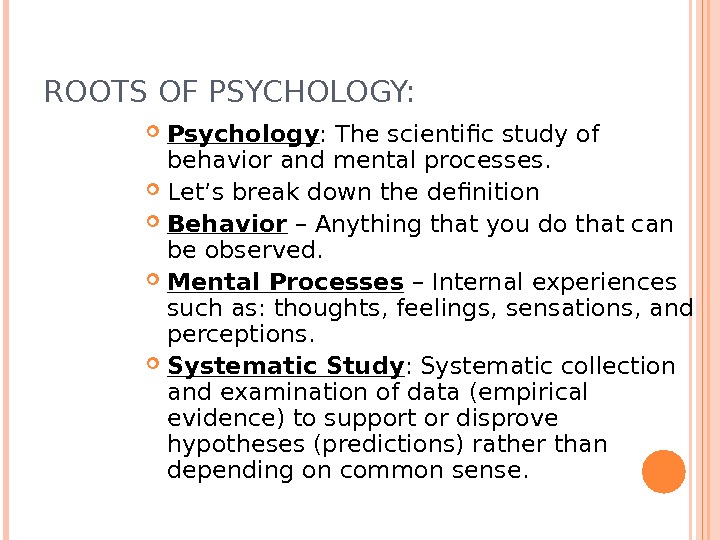
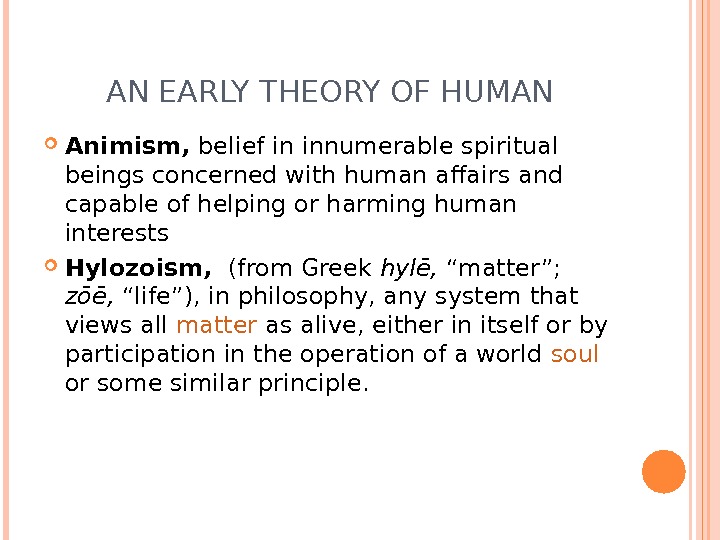

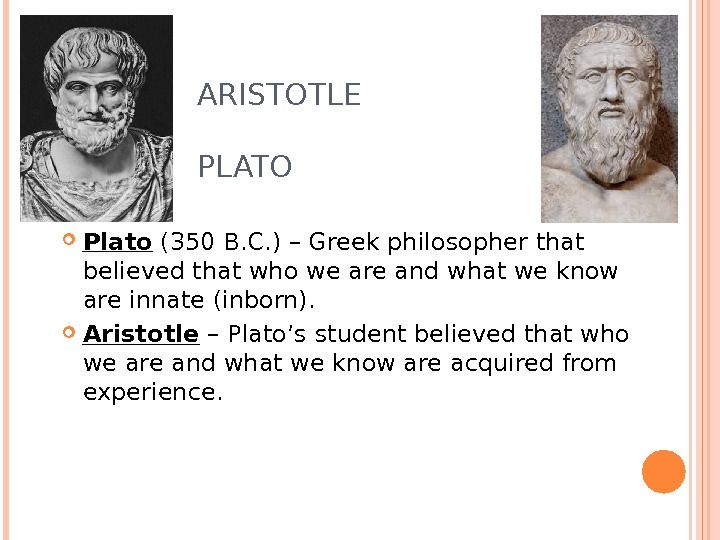
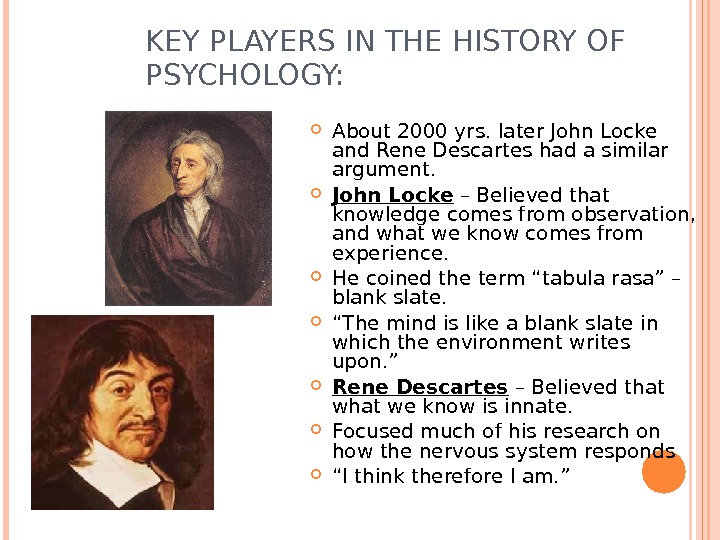
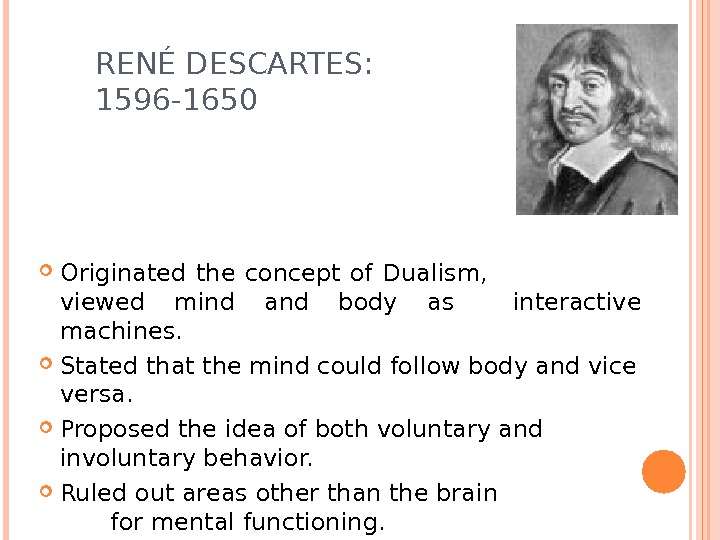
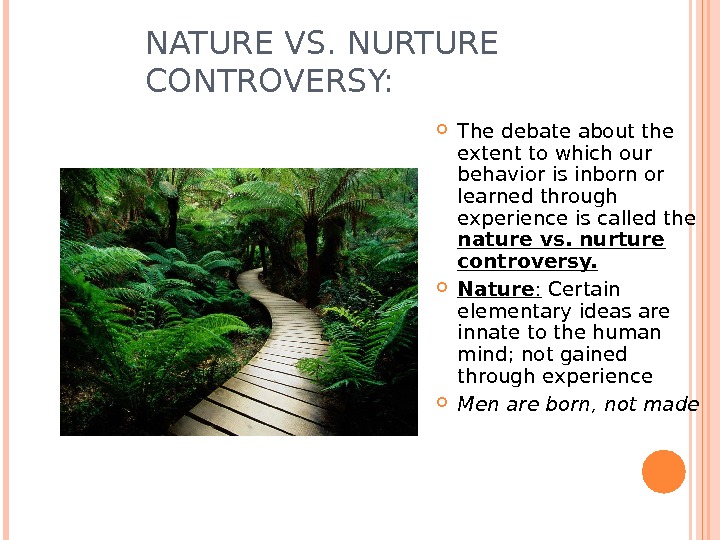
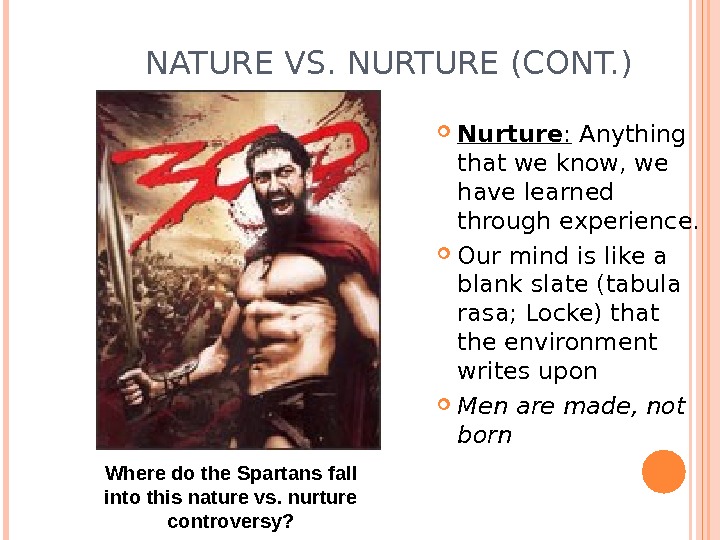
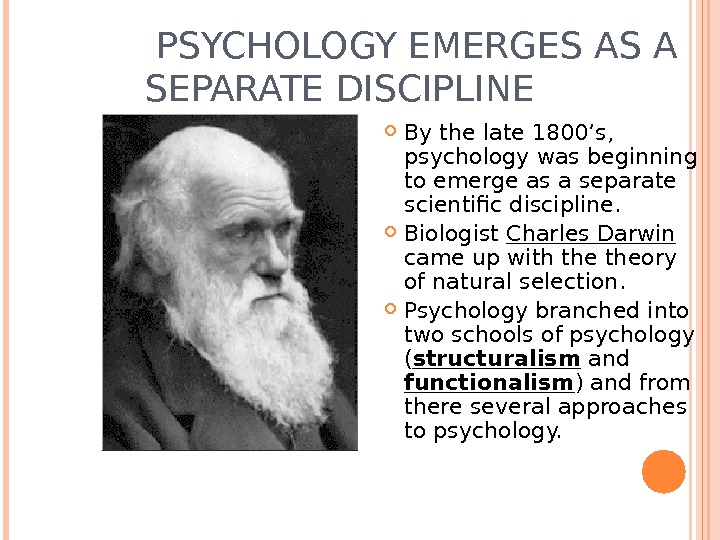
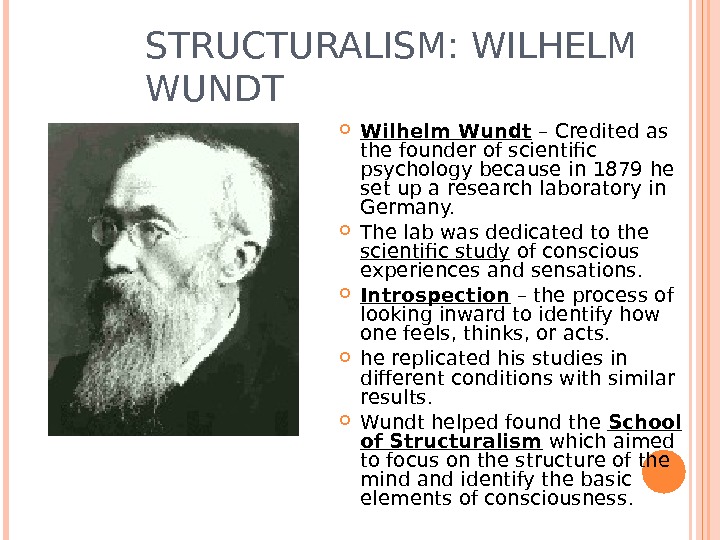

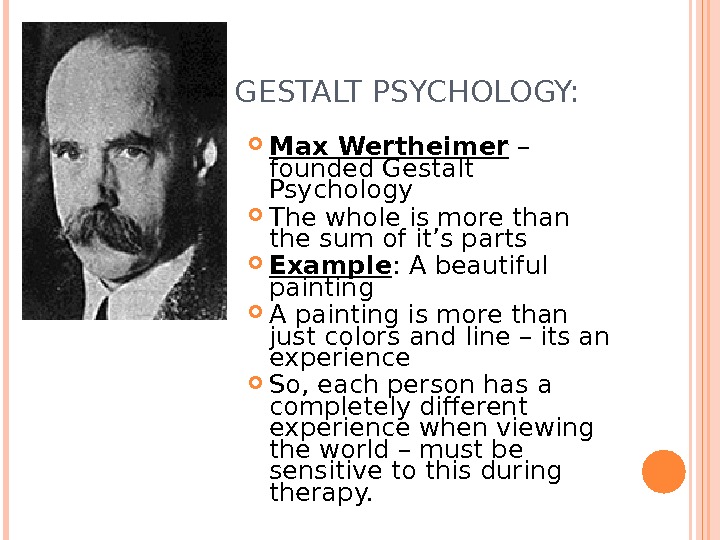
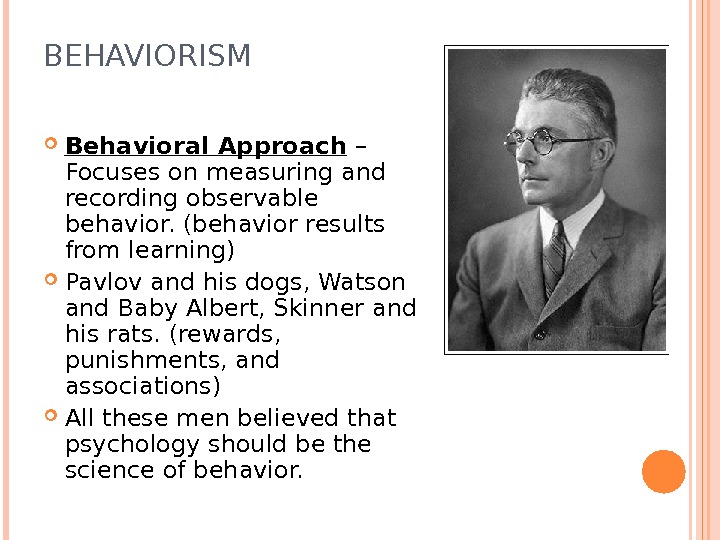
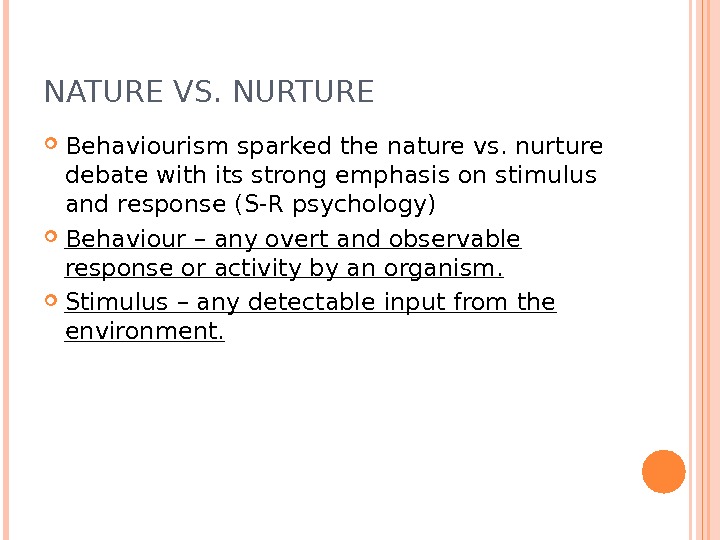
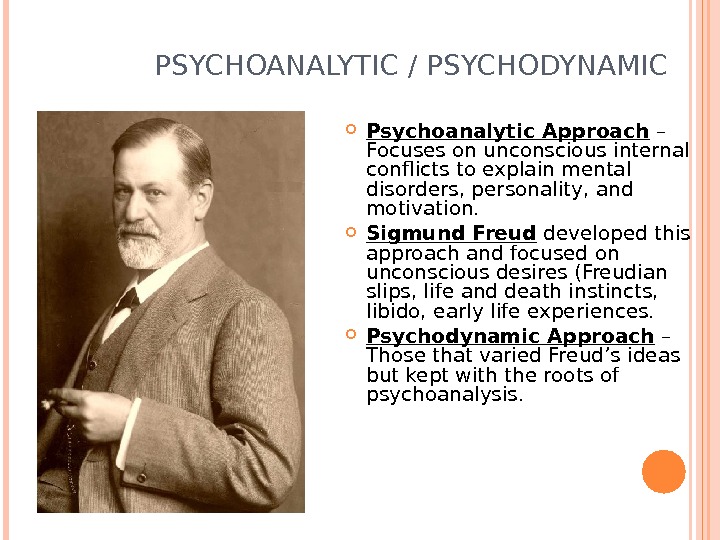
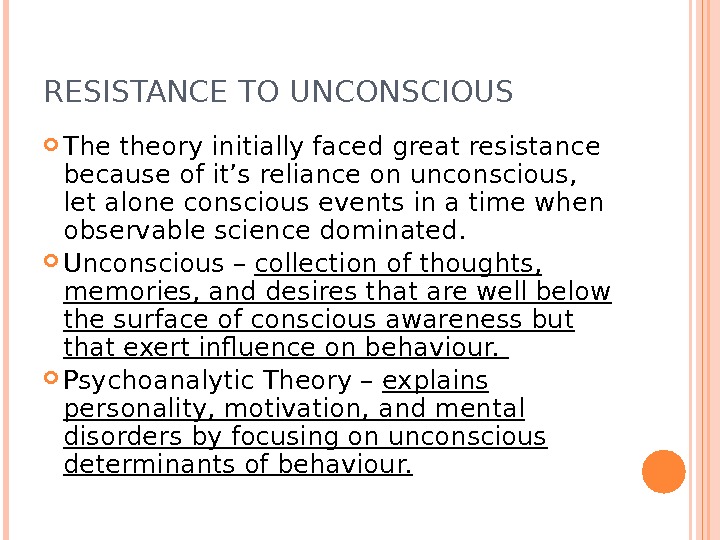


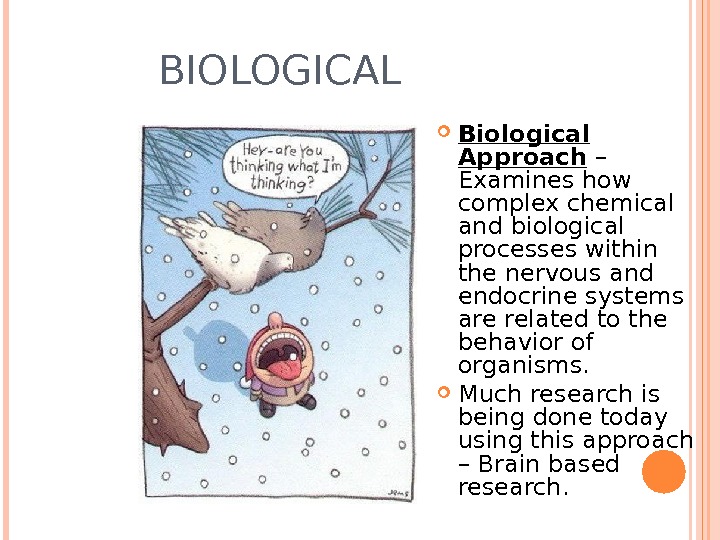
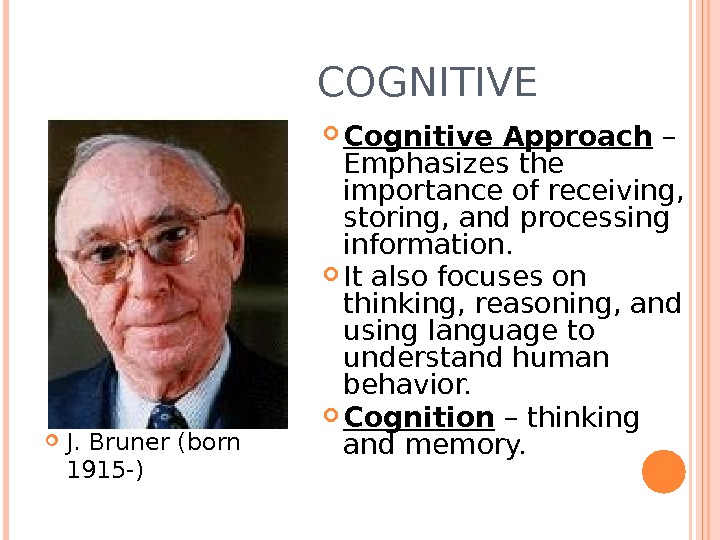
- Размер: 1.7 Mегабайта
- Количество слайдов: 22
Описание презентации THEME 2. HISTORY OF PSYCHOLOGY Contents: 1 The по слайдам
 THEME 2. HISTORY OF PSYCHOLOGY Contents: 1 The Beginnings of Psychology: Philosophy and Physiology 2 Psychology Emerges as a Separate Discipline 3 Approaches and Schools of Psychology
THEME 2. HISTORY OF PSYCHOLOGY Contents: 1 The Beginnings of Psychology: Philosophy and Physiology 2 Psychology Emerges as a Separate Discipline 3 Approaches and Schools of Psychology
 DICTIONARY To reside – находиться, проживать ; Affair (s) – дело (дела); Innumerable – бесчисленный, неисчислимый ; Innate- врожденный, природный; To acquire — приобретать, получать; Tabula rasa or Blank slate – чистая доска чистый лист; Presumably — приблизительно
DICTIONARY To reside – находиться, проживать ; Affair (s) – дело (дела); Innumerable – бесчисленный, неисчислимый ; Innate- врожденный, природный; To acquire — приобретать, получать; Tabula rasa or Blank slate – чистая доска чистый лист; Presumably — приблизительно
 ROOTS OF PSYCHOLOGY: Psychology : The scientific study of behavior and mental processes. Let’s break down the definition Behavior – Anything that you do that can be observed. Mental Processes – Internal experiences such as: thoughts, feelings, sensations, and perceptions. Systematic Study : Systematic collection and examination of data (empirical evidence) to support or disprove hypotheses (predictions) rather than depending on common sense.
ROOTS OF PSYCHOLOGY: Psychology : The scientific study of behavior and mental processes. Let’s break down the definition Behavior – Anything that you do that can be observed. Mental Processes – Internal experiences such as: thoughts, feelings, sensations, and perceptions. Systematic Study : Systematic collection and examination of data (empirical evidence) to support or disprove hypotheses (predictions) rather than depending on common sense.
 AN EARLY THEORY OF HUMAN Animism, belief in innumerable spiritual beings concerned with human affairs and capable of helping or harming human interests Hylozoism, (from Greek hylē, “matter”; zōē, “life”), in philosophy, any system that views all matter as alive, either in itself or by participation in the operation of a world soul or some similar principle.
AN EARLY THEORY OF HUMAN Animism, belief in innumerable spiritual beings concerned with human affairs and capable of helping or harming human interests Hylozoism, (from Greek hylē, “matter”; zōē, “life”), in philosophy, any system that views all matter as alive, either in itself or by participation in the operation of a world soul or some similar principle.
 KEY PLAYERS IN THE HISTORY OF PSYCHOLOGY: Roots of psychology can be traced back 2000 years ago to the early philosophers, biologists, and physiologists of ancient Greece. Hippocrates – Greek Physiologist that thought the mind or soul resided in the brain. He believed that it was not composed of a physical substance. This is called mind-body- dualism – seeing mind and body as two different things that interact.
KEY PLAYERS IN THE HISTORY OF PSYCHOLOGY: Roots of psychology can be traced back 2000 years ago to the early philosophers, biologists, and physiologists of ancient Greece. Hippocrates – Greek Physiologist that thought the mind or soul resided in the brain. He believed that it was not composed of a physical substance. This is called mind-body- dualism – seeing mind and body as two different things that interact.
 ARISTOTLE PLATO Plato (350 B. C. ) – Greek philosopher that believed that who we are and what we know are innate (inborn). Aristotle – Plato’s student believed that who we are and what we know are acquired from experience.
ARISTOTLE PLATO Plato (350 B. C. ) – Greek philosopher that believed that who we are and what we know are innate (inborn). Aristotle – Plato’s student believed that who we are and what we know are acquired from experience.
 KEY PLAYERS IN THE HISTORY OF PSYCHOLOGY: About 2000 yrs. later John Locke and Rene Descartes had a similar argument. John Locke – Believed that knowledge comes from observation, and what we know comes from experience. He coined the term “tabula rasa” – blank slate. “ The mind is like a blank slate in which the environment writes upon. ” Rene Descartes – Believed that we know is innate. Focused much of his research on how the nervous system responds “ I think therefore I am. ”
KEY PLAYERS IN THE HISTORY OF PSYCHOLOGY: About 2000 yrs. later John Locke and Rene Descartes had a similar argument. John Locke – Believed that knowledge comes from observation, and what we know comes from experience. He coined the term “tabula rasa” – blank slate. “ The mind is like a blank slate in which the environment writes upon. ” Rene Descartes – Believed that we know is innate. Focused much of his research on how the nervous system responds “ I think therefore I am. ”
 REN É DESCARTES: 1596 -1650 Originated the concept of Dualism, viewed mind and body as interactive machines. Stated that the mind could follow body and vice versa. Proposed the idea of both voluntary and involuntary behavior. Ruled out areas other than the brain for mental functioning.
REN É DESCARTES: 1596 -1650 Originated the concept of Dualism, viewed mind and body as interactive machines. Stated that the mind could follow body and vice versa. Proposed the idea of both voluntary and involuntary behavior. Ruled out areas other than the brain for mental functioning.
 NATURE VS. NURTURE CONTROVERSY: The debate about the extent to which our behavior is inborn or learned through experience is called the nature vs. nurture controversy. Nature : Certain elementary ideas are innate to the human mind; not gained through experience Men are born, not made
NATURE VS. NURTURE CONTROVERSY: The debate about the extent to which our behavior is inborn or learned through experience is called the nature vs. nurture controversy. Nature : Certain elementary ideas are innate to the human mind; not gained through experience Men are born, not made
 NATURE VS. NURTURE (CONT. ) Nurture : Anything that we know, we have learned through experience. Our mind is like a blank slate (tabula rasa; Locke) that the environment writes upon Men are made, not born Where do the Spartans fall into this nature vs. nurture controversy?
NATURE VS. NURTURE (CONT. ) Nurture : Anything that we know, we have learned through experience. Our mind is like a blank slate (tabula rasa; Locke) that the environment writes upon Men are made, not born Where do the Spartans fall into this nature vs. nurture controversy?
 PSYCHOLOGY EMERGES AS A SEPARATE DISCIPLINE By the late 1800’s, psychology was beginning to emerge as a separate scientific discipline. Biologist Charles Darwin came up with theory of natural selection. Psychology branched into two schools of psychology ( structuralism and functionalism ) and from there several approaches to psychology.
PSYCHOLOGY EMERGES AS A SEPARATE DISCIPLINE By the late 1800’s, psychology was beginning to emerge as a separate scientific discipline. Biologist Charles Darwin came up with theory of natural selection. Psychology branched into two schools of psychology ( structuralism and functionalism ) and from there several approaches to psychology.
 STRUCTURALISM: WILHELM WUNDT Wilhelm Wundt – Credited as the founder of scientific psychology because in 1879 he set up a research laboratory in Germany. The lab was dedicated to the scientific study of conscious experiences and sensations. Introspection – the process of looking inward to identify how one feels, thinks, or acts. he replicated his studies in different conditions with similar results. Wundt helped found the School of Structuralism which aimed to focus on the structure of the mind and identify the basic elements of consciousness.
STRUCTURALISM: WILHELM WUNDT Wilhelm Wundt – Credited as the founder of scientific psychology because in 1879 he set up a research laboratory in Germany. The lab was dedicated to the scientific study of conscious experiences and sensations. Introspection – the process of looking inward to identify how one feels, thinks, or acts. he replicated his studies in different conditions with similar results. Wundt helped found the School of Structuralism which aimed to focus on the structure of the mind and identify the basic elements of consciousness.
 FUNCTIONALISM: WILLIAM JAMES: William James was a psychologist that felt that Wundt was asking the wrong questions. James was more interested in the function or purpose of behavioral acts. School of Functionalism – Researchers that focused on how we adapt to our environments. (stream of consciousness) Main Goal : Explain human behavior Also wrote first psychology textbook
FUNCTIONALISM: WILLIAM JAMES: William James was a psychologist that felt that Wundt was asking the wrong questions. James was more interested in the function or purpose of behavioral acts. School of Functionalism – Researchers that focused on how we adapt to our environments. (stream of consciousness) Main Goal : Explain human behavior Also wrote first psychology textbook
 GESTALT PSYCHOLOGY: Max Wertheimer – founded Gestalt Psychology The whole is more than the sum of it’s parts Example : A beautiful painting A painting is more than just colors and line – its an experience So, each person has a completely different experience when viewing the world – must be sensitive to this during therapy.
GESTALT PSYCHOLOGY: Max Wertheimer – founded Gestalt Psychology The whole is more than the sum of it’s parts Example : A beautiful painting A painting is more than just colors and line – its an experience So, each person has a completely different experience when viewing the world – must be sensitive to this during therapy.
 BEHAVIORISM Behavioral Approach – Focuses on measuring and recording observable behavior. (behavior results from learning) Pavlov and his dogs, Watson and Baby Albert, Skinner and his rats. (rewards, punishments, and associations) All these men believed that psychology should be the science of behavior.
BEHAVIORISM Behavioral Approach – Focuses on measuring and recording observable behavior. (behavior results from learning) Pavlov and his dogs, Watson and Baby Albert, Skinner and his rats. (rewards, punishments, and associations) All these men believed that psychology should be the science of behavior.
 NATURE VS. NURTURE Behaviourism sparked the nature vs. nurture debate with its strong emphasis on stimulus and response (S-R psychology) Behaviour – any overt and observable response or activity by an organism. Stimulus – any detectable input from the environment.
NATURE VS. NURTURE Behaviourism sparked the nature vs. nurture debate with its strong emphasis on stimulus and response (S-R psychology) Behaviour – any overt and observable response or activity by an organism. Stimulus – any detectable input from the environment.
 PSYCHOANALYTIC / PSYCHODYNAMIC Psychoanalytic Approach – Focuses on unconscious internal conflicts to explain mental disorders, personality, and motivation. Sigmund Freud developed this approach and focused on unconscious desires (Freudian slips, life and death instincts, libido, early life experiences. Psychodynamic Approach – Those that varied Freud’s ideas but kept with the roots of psychoanalysis.
PSYCHOANALYTIC / PSYCHODYNAMIC Psychoanalytic Approach – Focuses on unconscious internal conflicts to explain mental disorders, personality, and motivation. Sigmund Freud developed this approach and focused on unconscious desires (Freudian slips, life and death instincts, libido, early life experiences. Psychodynamic Approach – Those that varied Freud’s ideas but kept with the roots of psychoanalysis.
 RESISTANCE TO UNCONSCIOUS The theory initially faced great resistance because of it’s reliance on unconscious, let alone conscious events in a time when observable science dominated. Unconscious – collection of thoughts, memories, and desires that are well below the surface of conscious awareness but that exert influence on behaviour. Psychoanalytic Theory – explains personality, motivation, and mental disorders by focusing on unconscious determinants of behaviour.
RESISTANCE TO UNCONSCIOUS The theory initially faced great resistance because of it’s reliance on unconscious, let alone conscious events in a time when observable science dominated. Unconscious – collection of thoughts, memories, and desires that are well below the surface of conscious awareness but that exert influence on behaviour. Psychoanalytic Theory – explains personality, motivation, and mental disorders by focusing on unconscious determinants of behaviour.
 CARL ROGERS AND ABRAHAM MASLOW Humanism was championed by Carl Rogers and Abraham Maslow. They both believed that human behaviour is determined by an individual’s “self-concept”, which animals presumably lack. Each of these self-concepts seeks to grow, evolve and develop and psychological disturbances arise when these drives are blocked.
CARL ROGERS AND ABRAHAM MASLOW Humanism was championed by Carl Rogers and Abraham Maslow. They both believed that human behaviour is determined by an individual’s “self-concept”, which animals presumably lack. Each of these self-concepts seeks to grow, evolve and develop and psychological disturbances arise when these drives are blocked.
 HUMANISTIC Humanistic Approach – Emphases the importance of people’s feelings and view human nature as naturally positive and growth seeking. Abraham Maslow (Hierarchy of Needs) and Carl Rogers (Unconditional Positive Regard) led the charge. This approach came out the 60’s and 70’s.
HUMANISTIC Humanistic Approach – Emphases the importance of people’s feelings and view human nature as naturally positive and growth seeking. Abraham Maslow (Hierarchy of Needs) and Carl Rogers (Unconditional Positive Regard) led the charge. This approach came out the 60’s and 70’s.
 BIOLOGICAL Biological Approach – Examines how complex chemical and biological processes within the nervous and endocrine systems are related to the behavior of organisms. Much research is being done today using this approach – Brain based research.
BIOLOGICAL Biological Approach – Examines how complex chemical and biological processes within the nervous and endocrine systems are related to the behavior of organisms. Much research is being done today using this approach – Brain based research.
 COGNITIVE Cognitive Approach – Emphasizes the importance of receiving, storing, and processing information. It also focuses on thinking, reasoning, and using language to understand human behavior. Cognition – thinking and memory. J. Bruner (born 1915 -)
COGNITIVE Cognitive Approach – Emphasizes the importance of receiving, storing, and processing information. It also focuses on thinking, reasoning, and using language to understand human behavior. Cognition – thinking and memory. J. Bruner (born 1915 -)

